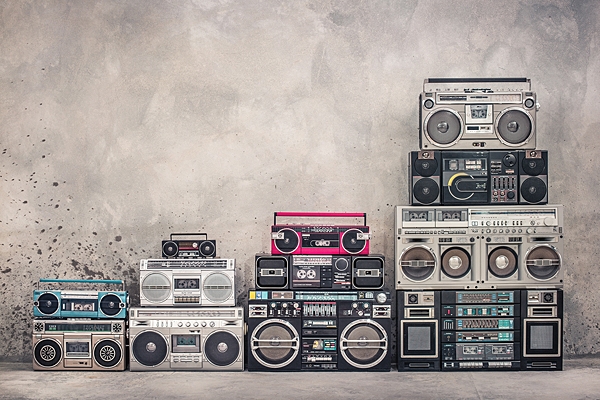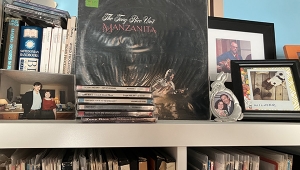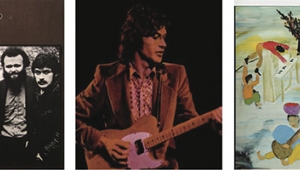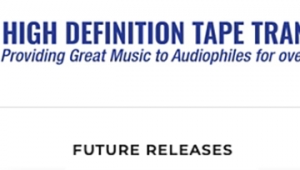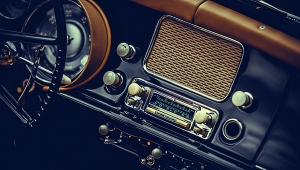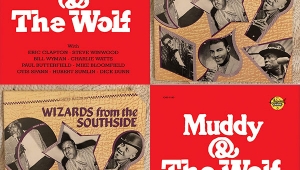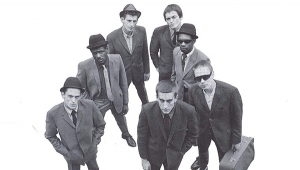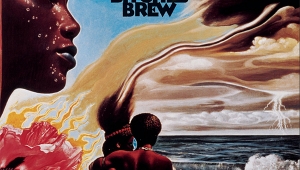| Columns Retired Columns & Blogs |
Rogier,
Nice article, I always loved audio systems but couldn't afford them. In my freshman year at college after pretty much flunking out of Anthropology and not doing well in music a friend said... Hey you could make audio equipment it's not rocket science :)
BTW good friends with Andy Partridge. I make his guitar amps and designed his recording studio. Meet Pete Townshend ounce, but just for a second.
Thanks,
Gordon
